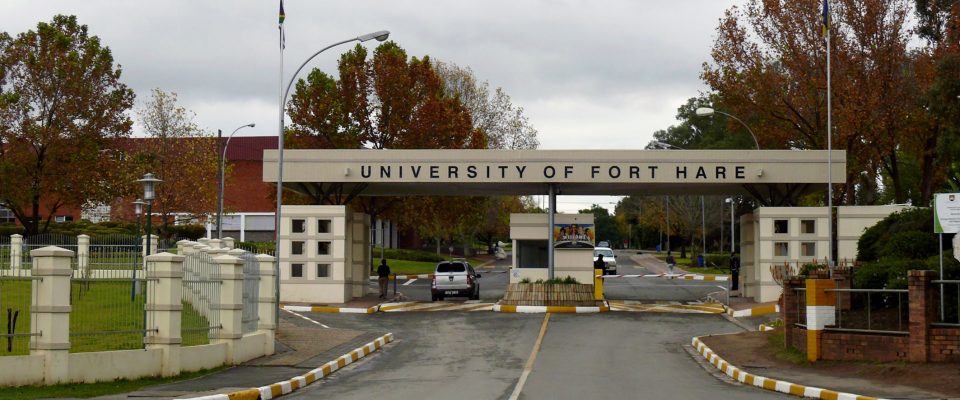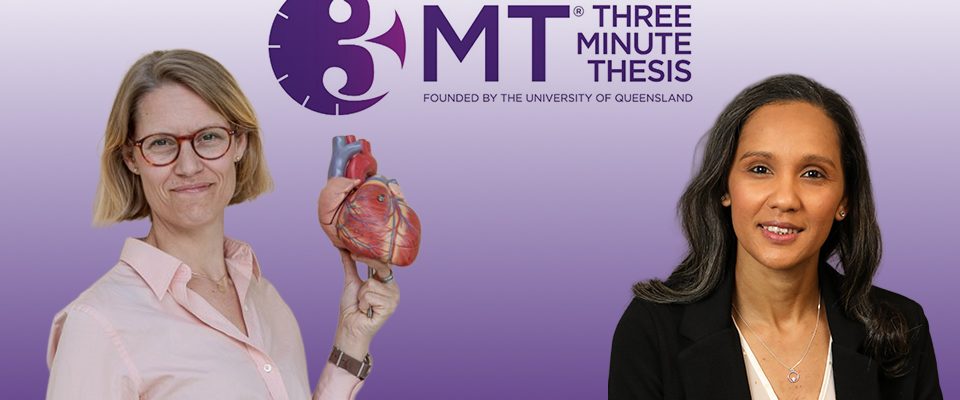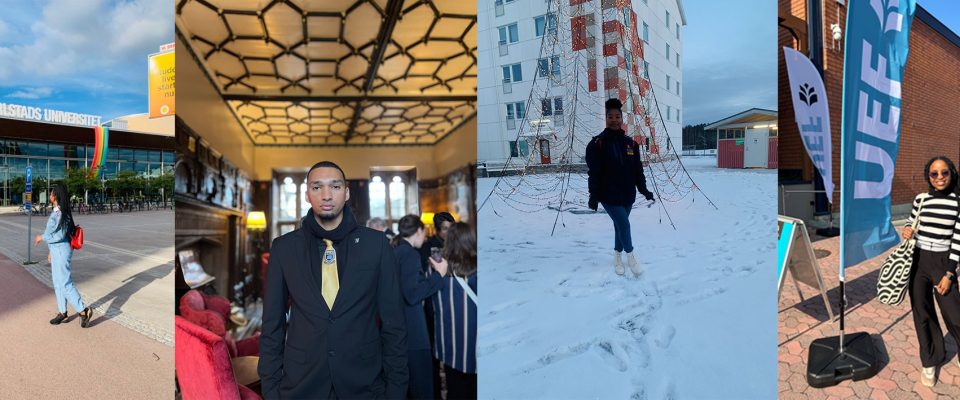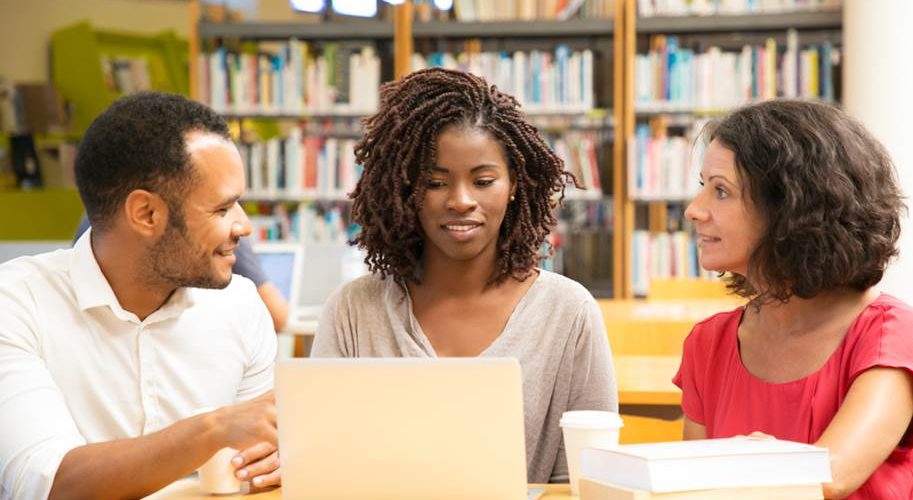
Higher education’s response to COVID-19 has been a tale of two halves: of challenges and opportunity, of solidarity and divides, and where rapid technological progress on one hand has been counterbalanced by the struggle for basic internet access on the other.
The below article was originally published in the World Access to Higher Education Day (WAHED) publication ‘Perspectives on the challenges to access and equity in higher Education across the world in the context of COVID’. You can view the full publication here.
Higher education’s response to COVID-19 has been a tale of two halves: of challenges and opportunity, of solidarity and divides, and where rapid technological progress on one hand has been counterbalanced by the struggle for basic internet access on the other.
University research led the charge against COVID-19, shaping public policy and yielding life-saving solutions. We saw high-profile collaborations with industry and government, and universities turning out to support their local communities. In their teaching and learning too, universities showed remarkable agility in migrating their activities online, radically reimagining their operations and embracing new ways of working.
But these successes were tempered by some sobering truths. The pandemic has stress-tested our societies and highlighted the cracks – and perhaps none more starkly than the perennial gulf between the haves and the have-nots. In higher education, the rapid shift to online teaching laid bare the gaping digital divide – not only between high and low income countries but within countries and institutions themselves. For existing students, access to learning became rapidly reliant on their capacity to access the internet – not just a fast, stable connection, but also the devices, data costs, and infrastructure that enable online learning to happen. What for some may have felt like a seamless transition was for others a daily challenge.
Of course, access to higher education has never been a fair game. While the focus during the pandemic has been on those whose university experience has been turned upside down, we cannot overlook the millions who were already missing out, long before COVID-19 struck. As a Commonwealth organisation, we are only too aware of the structural and systemic inequalities that shape the distribution of opportunities, choices and resources – and of history’s role in creating and fuelling these disparities.
The challenge for universities now is to use the considerable innovation and creativity they have shown during this pandemic to build a fairer future for higher education that leaves no one behind: how can we use the acceleration in online learning to open-up universities to all those who would benefit? How can we build on virtual student mobility programmes to engage a greater number of students and build a stronger international community? And how can we translate what we’ve learned from the pandemic response into redoubled efforts to tackle inequality in our institutions and beyond?
These are questions that no institution or country can answer alone. Just as collaboration was a cornerstone of efforts to tackle the virus, so universities need to collaborate across borders to find solutions to improving access and equity. In this, international networks like the ACU offer transformative experiences and a powerful forum for the exchange of resources, experience, and expertise.
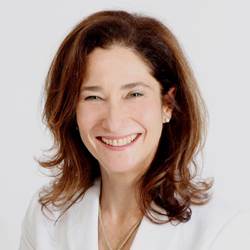
Dr Joanna Newman
Dr Joanna Newman is Chief Executive and Secretary General of the ACU. She joined the ACU in April 2017 and is responsible for fostering and promoting the aims of the ACU, as defined by its membership, in developing inter-Commonwealth relations in the field of higher education.
One example is the ACU-led Partnership for Enhanced and Blended Learning (PEBL), which combined international collaboration with local delivery to dramatically scale-up access to quality learning in east Africa. The project was launched in response to challenges in accessing higher education in the region, where a shortage of resources and soaring student numbers left universities struggling to meet demand. PEBL worked with universities across east Africa to support their capacity to deliver blended learning – a student-centred approach which combines face-to-face teaching with online learning. Through PEBL, universities were able to share teaching resources and pool expertise to deliver quality assured, credit-bearing degree courses at scale, reaching more than 10,000 students to date. The project is sustainable too: over 170 academics have been trained in the design and delivery of blended learning, including the skills needed to adapt courses into effective online resources.
This same juxtaposition of challenge and opportunity can be seen in the development of virtual alternatives to international and intercultural exchange. While at first it seemed that national lockdowns and closed borders would only narrow these opportunities, our experience suggests that virtual international experiences can be an effective and valuable complement to traditional ‘physical’ exchange. This is important because virtual experiences have the capacity to engage many more students than could ever benefit from traditional travel-based opportunities, giving more individuals the chance to develop valuable intercultural skills and understanding, and to build international links.
These examples remind us that there is a window of opportunity here and now: to diversify learning experiences, to expand learning opportunities, and to enable many more people to surmount the traditional barriers of geography, wealth and circumstance that still dictate who gets to learn and who gets to teach. But for this to happen, digital equity must become a priority for the sector and for society. The pandemic has shown that internet access isn’t a luxury but a necessity – not just for access to learning but to enable graduates to thrive in a world of work increasingly reliant on digital technologies. If we are to prevent unequal access to the internet from further entrenching existing inequalities in education, then we cannot and must not wait for another crisis to force our hand.



